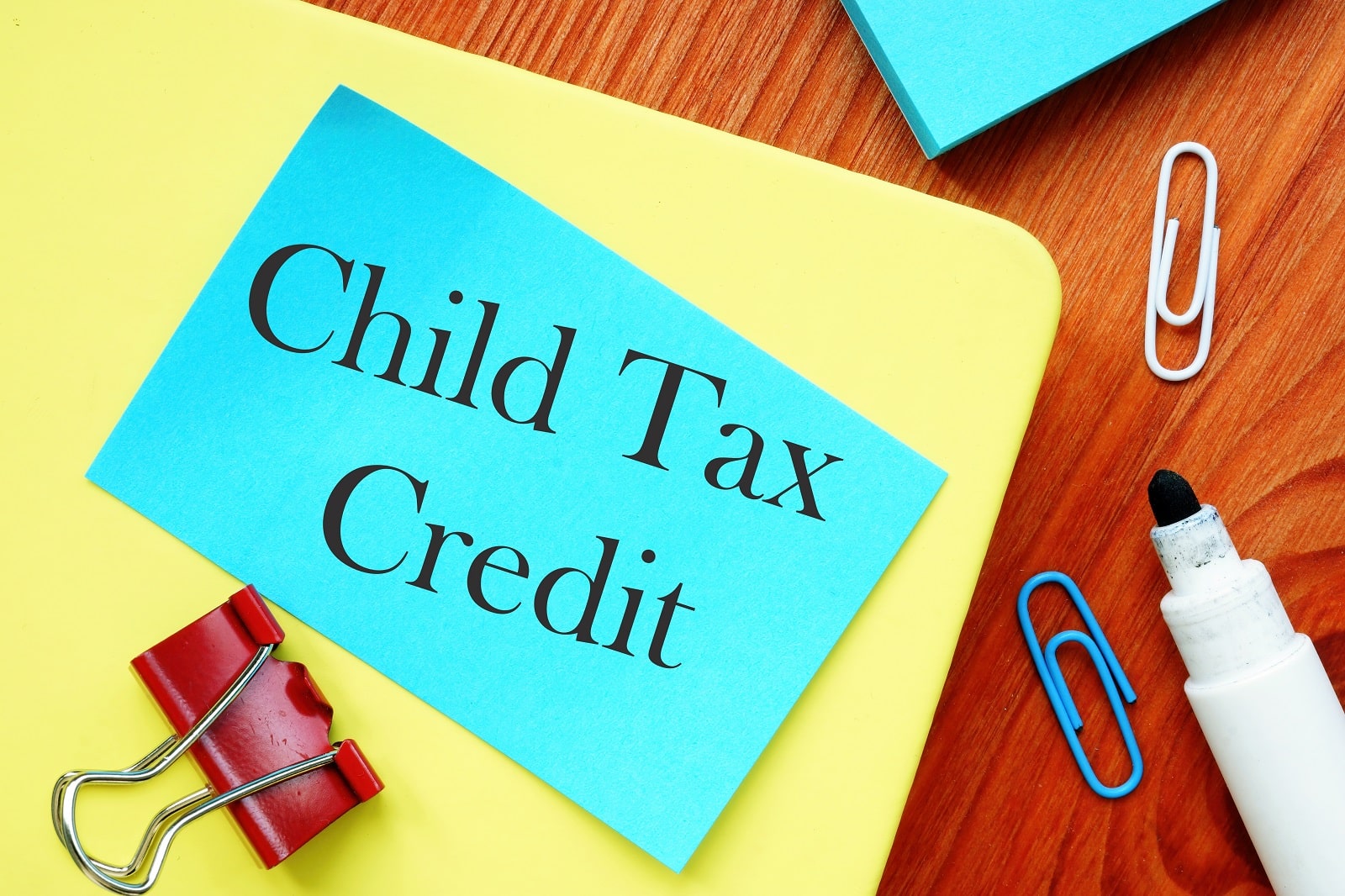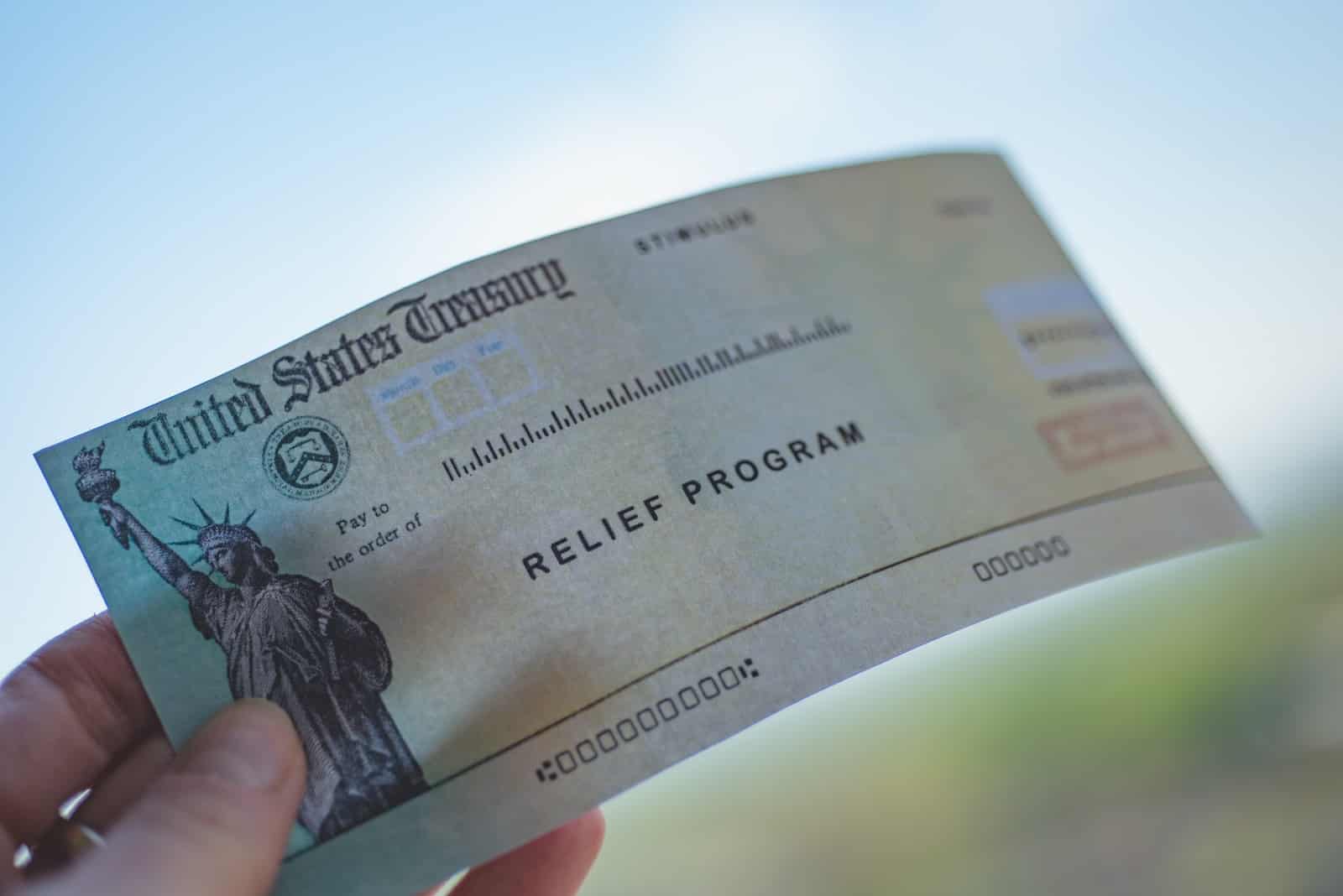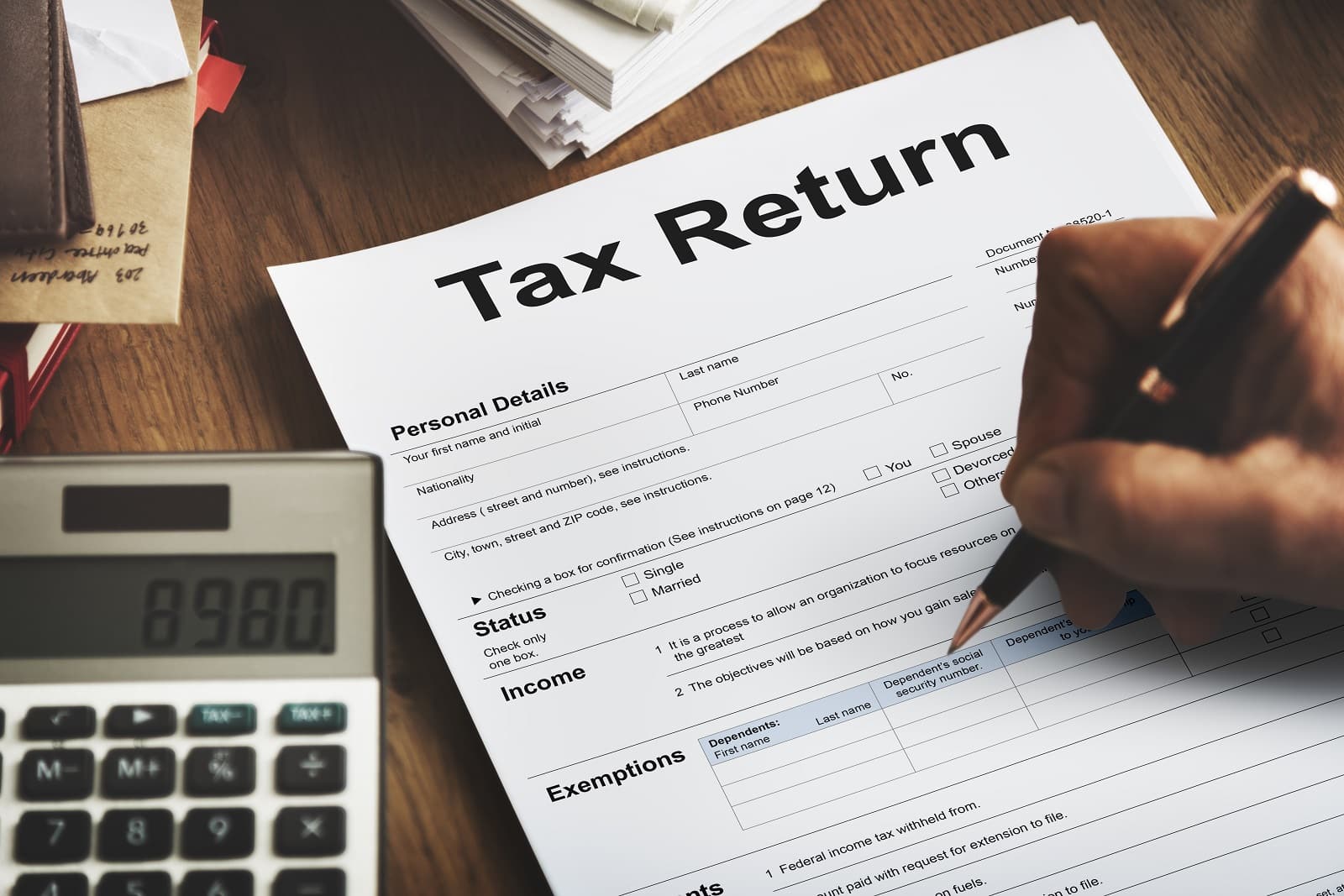Find out how the $78 billion tax package that the House of Representatives passed this week will impact you and your tax return for 2024.
Tax Bill Passes the House

This week, the House passed a massive tax package in a highly anticipated vote. The bipartisan bill expands the child tax credit, includes breaks for small businesses, and ends the Employee Retention Tax Credit Program.
Bill to Help “Small Businesses and Working Parents”

“Small businesses are closer to getting the help needed to grow, create jobs, and raise wages, and working parents are closer to the help needed to take care of their family, now that the House of Representatives passed the Tax Relief for American Families and Workers Act,” read a press release by the House Ways and Means Committee.
Prioritizing “Giving Tax Relief to Families”

The bill “helps small businesses, families, and workers by raising the immediate expensing cap for small businesses, cutting red tape for job creators, giving tax relief to families hit by disasters, and saving taxpayers $75 billion by ending a COVID-era program that has been plagued by runaway spending and rampant fraud,” the release continued.
“The Most Significant Non-Emergency Tax Package in Nearly a Decade”

“This bipartisan tax package is the most significant non-emergency tax package in nearly a decade, when Congress passed the PATH Act in 2015,” it said.
Senate Vote Unsure

The bill will now go to the Senate, where its future is uncertain as political posturing has made bipartisan efforts difficult to navigate.
Americans to See Benefits from Bill Passage

If passed, the bill will impact Americans depending on their individual situations, and no matter when it happens, the changes will be retroactive to apply to 2024 tax returns.
The IRS has confirmed that any changes will be processed automatically on their end and applied to relevant tax returns.
How Will the Tax Package Affect Me?

For millions of American families, the question of how the bill will affect them lingers.
Whether you’re a parent, small business owner, or someone who utilizes low-income housing programs, there are changes that will impact you going forward.
Changes to the Child Tax Credit

For parents, the largest change is the child tax credit, which is increased under the new bill.
This update is aimed at families making lower incomes who have more than one child, but there are several groups that will benefit.
Earnings Minimum

Families must have at least $2,500 in earnings for 2023 to qualify, and depending on your total household income and the number of children you have, the child tax credit could be increased.
An Example

For example, if you are married and filing jointly for 2023, and you earn $25,000 per year with three children, your child tax credit would be $2,025 higher under the new rules.
Credit Maxes at $2,000

For each child you claim, the maximum credit is $2,000. You can claim as many children as you have so long as they reside in your home for more than half of the year.
IRS Provides Additional Guidance

Other conditions may apply, and it’s a good idea to double-check with the IRS or your tax professional if you have a unique situation.
Don’t Wait to File

It’s important to note that the IRS suggests filing your taxes as soon as you’re ready rather than waiting on the outcome of this bill.
The required 2023 tax forms have already been issued, and they are based on the old figures, but if the expansion changes your refund, you’ll still get the money you’re owed.
Benefits for Small Businesses

Small business owners would also see benefits from the new tax plan, including an expansion of the small business expensing cap.
According to a release by the House Ways and Means Committee, the bill “increases the amount of investment that a small business can immediately write off to $1.29 million, an increase above the $1 million cap enacted in 2017.”
Subcontractor Reporting Threshold Increase

The bill also increases the reporting threshold for subcontractors from $600 to $1000 and adjusts for inflation. An inflation adjustment to this hasn’t happened in nearly 70 years.
Ohio Rail Disaster Victims Among Qualified Recipients

Families who have experienced financial hardship due to natural disasters or the Ohio rail disasters would also get a tax break.
Low-Income Housing Expansions

Notably, the Low-Income Housing Tax Credit would expand to provide more money to states and “a reduced tax-exempt bond financing requirement,” ultimately leading to a greater number of low-income housing units available for families who need them.
Chairman Weighs In

Chairman Jason Smith of the House Ways and Means Committee says that the bill will provide much-needed relief for millions of American families and will have international impacts as well.
“More Things Will Be Made Here in America

“Because of this bill, working parents crushed by high prices will have an easier time putting food on the table, more things will be made here in America, and the nation will be more competitive with China,” Smith said.
More From Frugal to Free…
U.S. Budget Breakthrough: A Huge Step Forward Amidst Looming Shutdown Threat
Will Easing Inflation in America Continue?
The post Working Parents and Small Businesses Big Winners in $78 Billion Tax Package first appeared on From Frugal to Free.
Featured Image Credit: Shutterstock / adriaticfoto.
The content of this article is for informational purposes only and does not constitute or replace professional financial advice.
